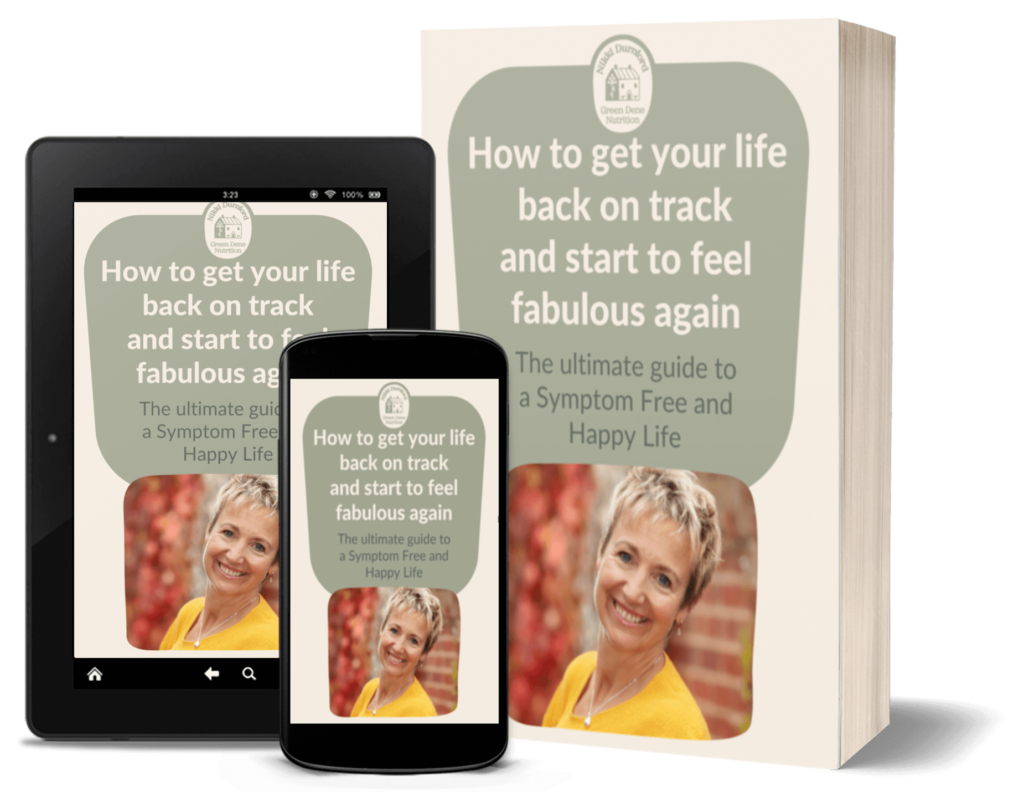
December can be the month when we feel frazzled and burnt out. And this is particularly relevant to women who often find themselves juggling far too much in their lives. We know that modern life is stressful. And as women we often wear may hats. We are mums, wives, employees, friends, carers and often the organisers of the whole family’s busy schedules. And we often put ourselves at the bottom of the to do list.
And as Christmas approaches, our responsibilities seem to rank up several notches as we prepare for the festive period. This in itself brings further challenges. And many women during this time, can just feel exhausted and a little overwhelmed.
Although we can’t take all the stress away from our lives, we can build up ways of managing it and building resilience in our bodies.
So, what happens when we are stressed?
Cortisol is our stress hormone produced by our adrenal glands. It is an important hormone to keep us safe from danger. And it does have a very powerful effect on our bodies. When we are stressed, our hearts beat faster, and our arteries constrict to increase blood pressure. Our liver releases emergency stores of glucose so that we have instant energy to run away from the danger we are facing. And we supress other systems such as a digestive function to conserve energy. We don’t need to rest and digest when facing a stressful situation in our lives.
This mechanism is pretty amazing, but it does have flaws. Our bodies do not recognise the difference between a real physical danger and some of the more common psychological ones we face today. Things like money worries, difficult work meetings, family arguments and the added pressure of preparing for Christmas will elicit the same response from our bodies. And higher blood pressure and tighter arteries are not good if left unchecked and allowed to become our new norm. Our stress response is designed to be temporary, but for many women today stress has become constant and unrelenting.
When stress is prolonged, it can impact the body in so many ways.
- Cortisol will always take priority over every other function in our bodies. It can weaken our immune function and make us prone to picking up every bug going around.
- Our thyroid which controls our metabolism may become less efficient. And we will start to feel sluggish and tired. We may also find it difficult to lose weight and suffer with brain fog and memory problems.
- We may find that our appetite is all over the place and we develop uncontrollable cravings. This is because cortisol raises our blood sugar levels and puts us on the “blood sugar roller coaster”. When this happens, we may experience mood swings, insomnia, more weight around the middle and have a lack of energy.
So how can we all regain some sort of normality and be calm this month? There are certainly a lot of nutrition and lifestyle techniques which can really help.
Calm your nervous system to reduce stress
- Focus on good sleep hygiene to ensure that you get a good night’s sleep. Stop looking at your phone/ tablet at least an hour before you go to bed. Keep the bedroom cool and dark. Avoid caffeine and alcohol in the evening and try and eat your dinner 2-3 hours before going to bed.
- Include some relaxation into your daily routine. Yoga, meditation, mindfulness and breathing exercises are all good examples.
- Make time for stuff which you enjoy. Having time for yourself is so super important. So, take the time to read, garden, take the dog out for a walk. This is non-negotiable!!
Feed your body with the right nutrients to help with stress
- Tempting as it may be, reaching for alcohol and chocolate to help you relax is not helpful. And will ultimately make you and your body more stressed.
- Balancing your blood sugars is key. Include good quality protein and healthy fats with every meal to keep your blood sugars stable. Healthy fats will also help your hormones and mood.
- Stock up on the veggies and ensure that they take up half your plate. This will ensure that you are getting loads of B vitamins, magnesium and vitamin C which can be depleted during times of stress.
- Replace sugar and refined carbohydrates with complex carbs (brown rice quinoa, sweet potatoes etc). When you are stressed, cortisol has already given you a shot of glucose and you don’t need to create a second spike by feeding your body with a sugary snack. This will contribute to an even bigger sugar crash and drop in mood and feelings of anxiety.
But the best advice is this:
And do you know what? Christmas doesn’t have to be perfect. In fact, it’s probably a whole load more fun when it isn’t. So just let the little things and details go. And spend the time focusing on what matters to you and who matters to you. And the rest can just sort itself out.
Wishing you all a fabulous Christmas! And if you would like some more top tips on healthy eating, why not download my free guide here: https://greendenenutrition.com/free-ebook-sign-up/

